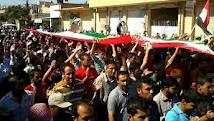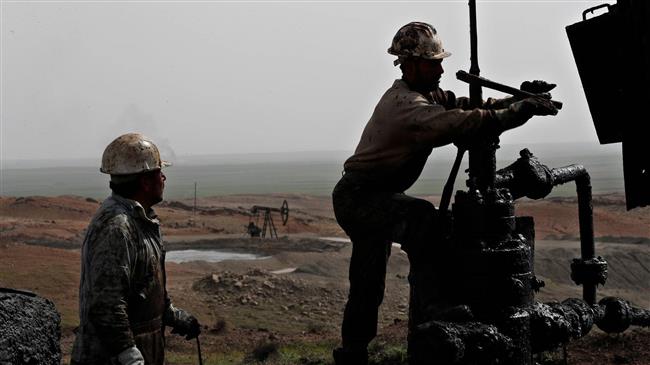Russia is ready for talks with all Syrian opposition groups, both ‘internal’ and ‘external,’ Russian Deputy Foreign Minister Gennady Gatilov said in an interview with the Russia Today TV channel.
Publish dateWednesday 11 April 2012 - 11:56
Story Code : 39656
“We would be open to any contacts with all groups of the opposition,” Gatilov said. “We maintain contacts with the external opposition in capitals where they seat, where they reside, but not in Moscow yet. So we are open and we would be happy to invite them to Moscow, to start political contacts with them, RiaNovosti News reported.
Talks with Syrian opposition’s National Coordination Committee are due in Moscow on April 17-18, the Russian Foreign Ministry earlier said. Russian Foreign Minister Sergei Lavrov said that Moscow expects discussions with various opposition groups.
He said that Russia’s only message to the Syrian opposition was a call to engage into a political dialog with the government.
"If we are talking about the Syrian government they’ve officially said they are in favor of political process, that they would be ready to start political negotiations with the opposition. But I would say that the problem today is the opposition. The opposition is fragmented, it’s not united, and, frankly speaking, as many politicians say, it is very difficult to distinguish to whom to speak in the ranks of the opposition,” he said.
The deputy minister said Russia supported “political settlement” in Syruia, not its president Bashar al-Assad.
“For us, it’s not the point that we support president al-Assad. We support political settlement,” he said adding that the question of who will be the leader of the country was up to Syrian people do decide.
“But we also have to take into account that a certain part of the Syrian population - I would say a large part of the Syrian population - still supports Bashar al-Assad,” he said. “And so far we cannot say that he is totally isolated from his people… and this is an important fact, because the standoff is continuing.”
He said that “we have to wait and see” whether Russia would continue its attempts to sanction the Syrian government.
Some 9,000 people have been killed in clashes between the government and the opposition in Syria since the uprising against President Bashar al-Assad began in March 2011, according to UN estimates.
Talks with Syrian opposition’s National Coordination Committee are due in Moscow on April 17-18, the Russian Foreign Ministry earlier said. Russian Foreign Minister Sergei Lavrov said that Moscow expects discussions with various opposition groups.
He said that Russia’s only message to the Syrian opposition was a call to engage into a political dialog with the government.
"If we are talking about the Syrian government they’ve officially said they are in favor of political process, that they would be ready to start political negotiations with the opposition. But I would say that the problem today is the opposition. The opposition is fragmented, it’s not united, and, frankly speaking, as many politicians say, it is very difficult to distinguish to whom to speak in the ranks of the opposition,” he said.
The deputy minister said Russia supported “political settlement” in Syruia, not its president Bashar al-Assad.
“For us, it’s not the point that we support president al-Assad. We support political settlement,” he said adding that the question of who will be the leader of the country was up to Syrian people do decide.
“But we also have to take into account that a certain part of the Syrian population - I would say a large part of the Syrian population - still supports Bashar al-Assad,” he said. “And so far we cannot say that he is totally isolated from his people… and this is an important fact, because the standoff is continuing.”
He said that “we have to wait and see” whether Russia would continue its attempts to sanction the Syrian government.
Some 9,000 people have been killed in clashes between the government and the opposition in Syria since the uprising against President Bashar al-Assad began in March 2011, according to UN estimates.
Source : Afghan Voice Agency (AVA), International Service
avapress.net/vdcaiine.49nom1gtk4.html
Top hits












